
Proof of concept

Prove the feasibility of your product or service with a POC
For more than 30 years, our specialized team has been supporting companies in the implementation of their proof of concept, whether to demonstrate and validate the feasibility of their ideas, convince partners or investors, guide strategic decisions or develop a prototype.
They trust us






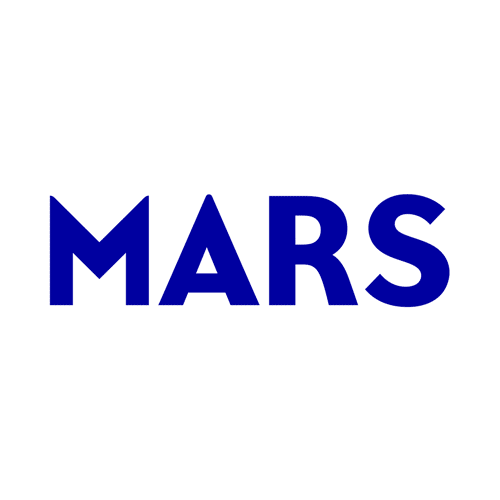
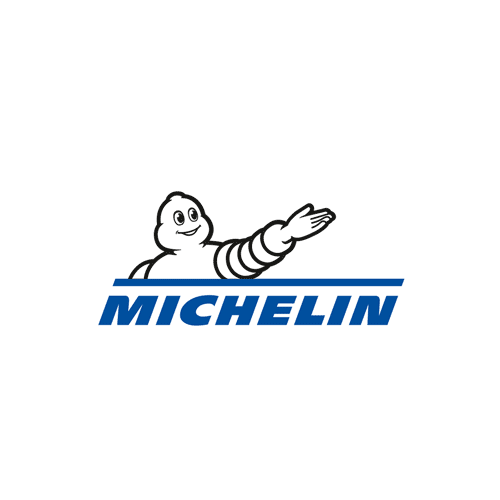

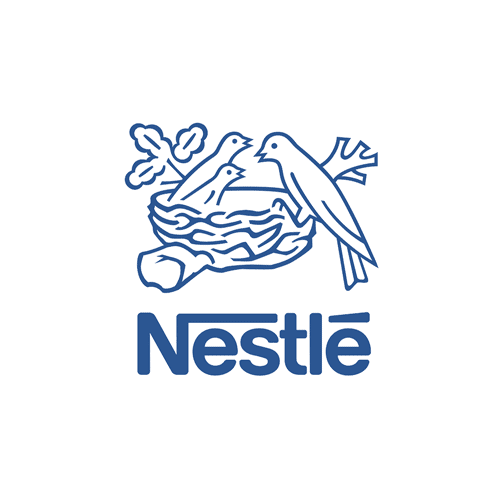
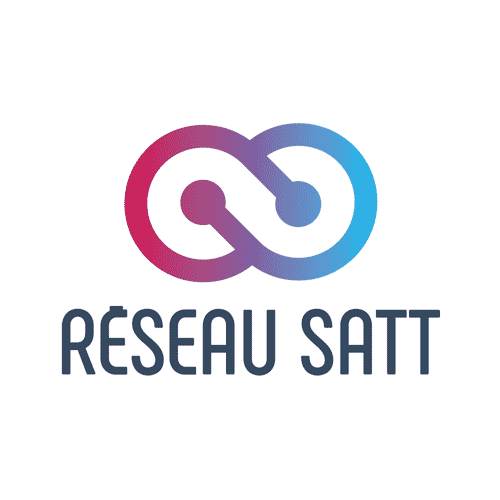
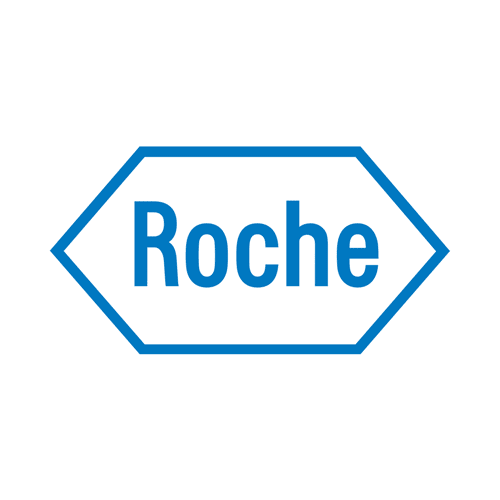


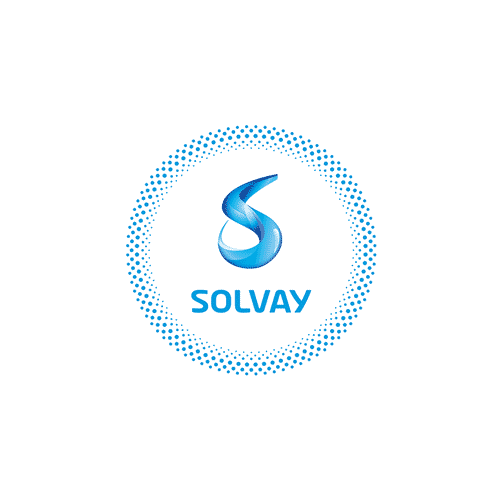
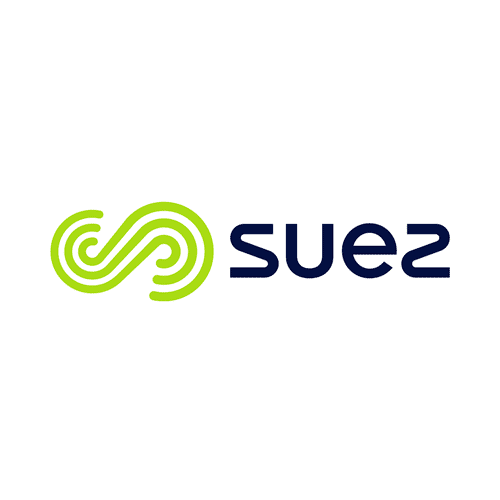
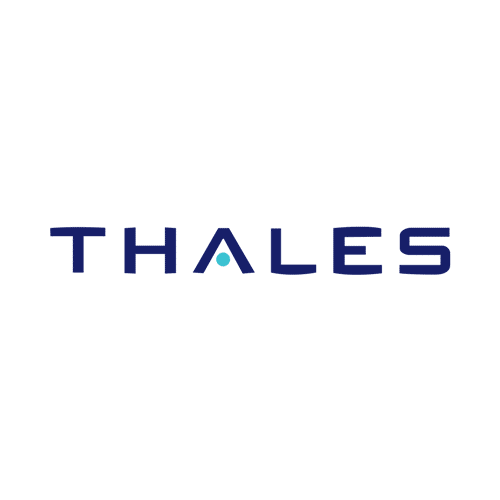
The key success factors of a proof of concept
To validate the feasibility of a product or service, it is essential to be able to quickly test and iterate different versions of a concept.
By learning to focus on the essential functionalities of a project, developing the ability to adjust quickly to feedback from iterations and defining clear success criteria, it is possible to get the best out of a proof of concept.
When building a proof of concept, it is important to focus on the core of the project and select only those elements that demonstrate that the project is viable. A proof of concept without a clearly defined scope can lead to longer iteration cycles and the project running out of steam. If the project is technically complex at the outset, it is important to focus on its storytelling and on the value it could ultimately bring.
How do you select which aspects of a project to include in a proof of concept? How can a prototype be produced at low cost and risk in a complex environment?
The main aim of a proof of concept is to reduce the risks involved in setting up a project. If the MVP (minimum viable products) developed during this phase do not pass the tests, this does not automatically mean that the project has failed. In fact, an avenue of research has just been ruled out, so it is necessary to continue and iterate other cycles by testing new versions to find the version that will turn into a successful project.
How long should a test cycle last? Can several MVPs be tested simultaneously? How do you define the success criteria for a release? How can I instill a POC culture in my company?
Without success criteria, a proof of concept is just a bottle thrown into the sea.
It’s important to define what you’re trying to demonstrate and to define starting hypotheses that cover the entire project. The clearer these assumptions are, the easier it will be to analyze the success of a version and therefore to iterate through a new cycle.
How do you communicate with stakeholders about the success criteria for a POC? How can we ensure that the success criteria cover the entire project?
How we support you in your proof of concept
In order to best support our clients in the implementation of a proof of concept, and to ensure that the project will meet the expectations and needs of its users, the essential steps to be taken are:
- The framing of the pilot, especially in terms of scales: Geographic (local, regional, interregional, national — although the larger the scale, the more difficult it is to implement), Temporal (a few months to a few years);
- The definition of the type of data and the associated indicators (quantitative or qualitative) that will determine the interest of the project idea. This data can also be used to confirm or invalidate a business case;
- The realization of the pilot, measuring the indicators throughout the experimentation;
- Summary of the results and adaptation of the model if necessary;
- The development of the roll-out of the model on a larger scale.
Alcimed accompanies its clients at all stages of the construction of a POC:
- Pilot framing assistance,
- Support for the execution of the POC and its follow-up,
- Summary of lessons learned from the POC,
- Elaboration of recommendations to continue the project based on the results.
Examples of recent proof of concept carried out for our clients
Proofs of concept of new real-life data collection solutions for a pharmaceutical company
We supported one of our clients, a leader in the healthcare sector, who wanted to explore the opportunity to diversify its activities through the integration and use of digital solutions for the generation and collection of real-life data (Real-World Evidence, RWE).
For this project, our teams evaluated the different data capture technologies available on the market, their characteristics, their advantages and their limits, as well as the existing approaches for their use in France in RWE. Following our analysis, we defined 4 approaches enabling our client to integrate and to set up these new selected digital data services and established an operational action plan to carry out pilot projects.
In the end, a pilot was successful and our client was able to launch a new differentiating offer.
Design, deployment and evaluation of an experimental ITEP proof of concept
Alcimed has accompanied AIRe in the design and deployment of an experiment on the functioning of an integrated ITEP device in 6 French regions, in order to streamline the pathways of the children and teenagers received, by proposing the most adapted response to their needs.
At the end of this 2-year experiment, Alcimed then conducted an evaluation of the system through a detailed analysis of the service provided.
Aware of the value of this integrated “out-of-home” system, the legislator has incorporated it into practice through the publication of a dedicated decree.
Acceleration strategy through the structuring of a scientific committee experienced in proof of concept
Alcimed has accompanied a leading city in its strategy to accelerate and concretize projects with a strong scientific and technological component in order to give them a market outlet (spin off, call for projects, transfer to a company).
The acceleration of our client’s projects was made possible by the establishment of a scientific committee capable of validating and deploying an ecosystem of competent actors at the various key phases of the development of the proof of concept of the projects concerned.
Proof of concept of the positioning and value proposition of one of the largest French universities
Our client, a French university, wanted to define the contours of an “international academy” capable of deploying and promoting an international continued education offer.
Our teams worked hand in hand with the teams concerned to define an initial offer that we then tested with the market to refine it. Our team has analyzed the potential of this offer and highlighted its differentiating character, and has also been able to identify strategic partnerships with manufacturers.
In the end, our project allowed our client to have an offer presenting all the pedagogical modules, a strategic analysis of the positioning and the marketing tactics to follow: corner stone and proof of concept of its international academy.
Proof of concept for an innovative hypertension management project in several countries
Our team supported a leading pharmaceutical company in the testing of an innovative hypertension management project launched in several countries. Before launching its new solution, our client wanted to carry out a large-scale test to validate or refine its concept.
By analyzing scientific publications, international guidelines and available congress reports, as well as assessing the receptiveness of healthcare professionals in the various countries concerned by our study, Alcimed enabled its client to demonstrate the likely impact of such a disease management program from a patient point of view, and in terms of sales in the target countries.
Development of a proof of concept to rethink data visualisation with AI
We helped a start-up developing new diagnostic methods for oncology to set up a platform using the latest advances in LLMs (Large Language Models) to enable non-expert users to carry out data analysis and design graphs from a simple user prompt in common language.
During the first phase of this project, our team carried out extensive research to identify the most appropriate tools for developing a first version of the platform (libraries, existing open-source projects, etc.). Following this research, the project team proceeded with the development and testing of the solution’s backend, in order to guarantee its reliability. Finally, graphic elements of the dashboard were developed to align them perfectly with the client’s graphic charter and create a tailor-made experience for end users.
Thanks to this fruitful collaboration, our client was able to obtain a first version of this tool in order to present its vision to its investors.
Development of a ChatBot POC for a leading cosmetics company
Alcimed helped a leader in the cosmetics industry to develop a ChatBot proof of concept to answer formulation questions from the company’s laboratories.
The project began with an in-depth analysis of an existing in-house decision tree to answer questions about emulsion instability. We then guided the client in the design of a visual and interactive interface for the future ChatBot, and organised its integration into the company’s information system. Following this development stage, we put the tool through its paces during a four-week test phase involving 30 business users. We used the feedback from these tests to improve the tool.
As a result of this project, our client noted an improvement in the autonomy of its employees, a reduction in the time needed to resolve problems, and expressed its desire to make the transition to a final tool.
Proof of concept of an AI-based Knowledge Management tool for a pharmaceutical company
We supported a pharmaceutical laboratory in the design and deployment of a Knowledge Management tool designed to facilitate the search for precise information on specific questions in natural language, based on internal documents.
During the first stage of this project, our team mapped all document sources and exchanged with the POC’s target businesses to identify expected functionalities. Following these investigations, we proceeded with the development and testing of the tool during several business workshops. Ultimately, this POC enabled our client to demonstrate the usefulness and technical performance of such a Knowledge Management tool, before rolling it out to all departments.
You have a project?
To go further
Founded in 1993, Alcimed is an innovation and new business consulting firm, specializing in innovation driven sectors: life sciences (healthcare, biotech, agrifood), energy, environment, mobility, chemicals, materials, cosmetics, aeronautics, space and defence.
Our purpose? Helping both private and public decision-makers explore and develop their uncharted territories: new technologies, new offers, new geographies, possible futures, and new ways to innovate.
Located across eight offices around the world (France, Europe, Singapore and the United States), our team is made up of 220 highly-qualified, multicultural and passionate explorers, with a blended science/technology and business culture.
Our dream? To build a team of 1,000 explorers, to design tomorrow’s world hand in hand with our clients.
A proof of concept is a concrete demonstration used to prove the applicability, feasibility or viability of a project. POC can thus take many forms, such as:
- A laboratory test to validate scientific questions;
- The design of a first physical version (minimum viable product) and its presentation to future users to test the receptivity of the market or the envisaged marketing strategy;
- The experimental implementation of a new organization within a small team before the roll-out to a company.
Proof of concept comes into play relatively early in the development process of an idea, a product or a service, since it validates the feasibility of the project, in addition to a market study, for example.
Moreover, a POC is characterized by the fact that its cost is relatively low since it is a simple test at this stage.
A POC is a springboard to value creation and innovation, and can be a key step in the development of a project:
- A lack of time or a limited budget? The small scale of the POC allows for responses that are consistent with available resources;
- The concept has already proven itself and the question of its replicability arises? The POC can validate interest in a new target audience, a new use or a territorial extension;
- Doubts over the potential or the opportunity of an innovation? The POC provides an opportunity to test an idea and to evaluate the opportunity of its deployment to guide the development of new offerings.
The difference between a PoV and a PoC lies in their objective and approach.
PoC (proof of concept) aims to assess the technical feasibility of an idea or concept by testing its main functionalities. The aim is to demonstrate whether an idea can be realised in real-life conditions, in which case a rudimentary version of the project is tested.
On the other hand, PoV, or Proof of Value, goes beyond the simple feasibility of the project by assessing the economic impact of the solution on the company and the value created for end users.
In short, the POC focuses on technical feasibility, while the PoV emphasises the concrete benefits for the company and its customers.